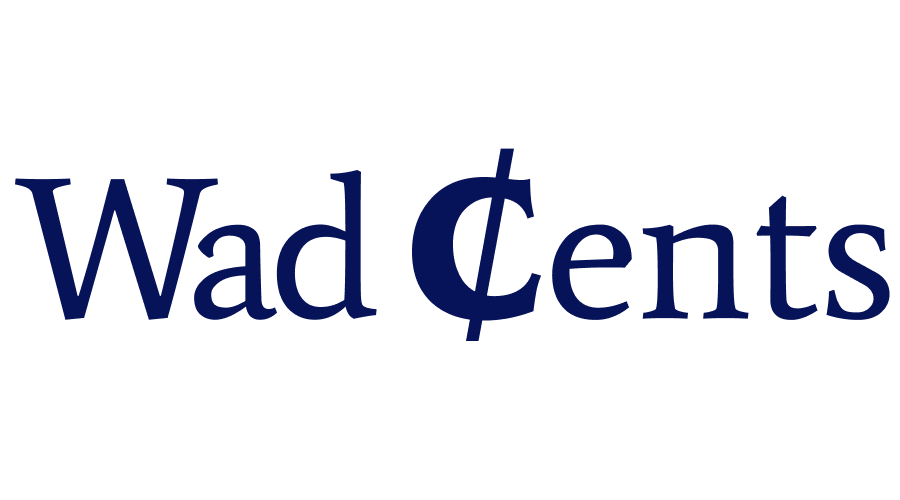Picture this:
You are having a chitchat with your colleague, and you overhear John from accounting grumbling about how his retirement money disappeared into some invisible financial vortex. And this leaves you wondering- Is it possible that the 401(k), heralded as the holy grail of financial security, is nothing more than a money pit?
In this article, we embark on a journey to simplify the financial jargon and find out if the 401(k) is a treasure trove as your boss wants you to believe or a money pit waiting to goggle up your hard-earned dollars.
What is a 401(k) plan?
A 401(k) plan is a retirement savings vehicle that private sector employers offer to their employees. This retirement plan lets employees contribute a percentage of their paycheck every pay period, and allocate the money to various investment options, including stocks, mutual funds, and bonds.
Employers also offer matching contributions to the employees’ 401(k) accounts. An employer can match contributions dollar-for-dollar or partial match up to a certain limit.
For example, an employer can match contributions dollar-for-dollar up to 4% of an employee’s eligible pay. Alternatively, an employer can choose to match 50% of employee contributions up to 6% of the eligible pay. The employer match equates to free dollars, and you should contribute enough to collect the full employer’s match.
401(k) contributions, including the employer match, are tax-deferred, and employees will only owe income taxes when they take a withdrawal from the account. However, if you have a Roth 401(k) plan, you will be required to pay taxes upfront, and you won’t owe income taxes when you take qualified distributions in retirement.
Why 401(k) is a good deal
A 401(k) plan can be a powerful tool on your journey towards financial security. Here are some features that make a 401(k) a good investment:
Tax benefits
401(k) contributions are deducted from your earnings before taxes, and you pay less in income taxes. As your 401(k) money grows over time, you won’t pay taxes on the gains you earn, for as long as the money remains in the plan. You will only owe federal income taxes when you start taking distributions after age 59 ½ or when you retire.
Employer matching
If your company makes matching contributions to employees’ 401(k) plans, you should contribute enough to collect the full match. The employer can match 401(k) contributions dollar for dollar or partially up to a certain limit. Employer matching is free money, and it will provide an instant boost to accelerate your nest egg.
Portability
If you change jobs, the 401(k) contributions and any vested matching contributions belong to you. You can choose to carry your 401(k) to your new employer’s 401(k), or rollover to your Individual Retirement Account (IRA) without incurring taxes on the transfer.
If you have old 401(k) plans left with former employers, you can choose to consolidate them into one retirement account for better management and to avoid incurring too many fees.
Automatic contributions
Most people find it difficult to set aside part of their income for retirement. A 401(k) solves this problem through automatic contributions, where the 401(k) contributions are automatically deducted from your paycheck every pay period before you get your hands on the money. This makes saving for retirement an effortless process.
Compounding interest effect
When you start saving for retirement early, the money will have a lot of time to grow through compounding. You will earn interest on your contributions and on any accumulated interest. Over time, the 401(k) money and accumulated earnings can add up to a substantial nest egg.
Why 401(k) is a bad idea
While a 401(k) provides various benefits for retirees, there are several reasons why a 401(k) may be a bad idea.
Limited access until you are 59 ½ or older
Your 401(k) money is locked in the retirement plan until you reach age 59 ½ or older. This means you will have limited access to the money during your child-rearing years when you need a lot of money to spend on your expenses.
In limited circumstances, you may be allowed to dip into your 401(k) early if you have a financial hardship, but this comes with financial consequences- income taxes at your tax bracket rate and an additional 10% penalty on the withdrawal.
Employer matching games
While the employer match is considered “free money”, it is not always free money- you have to work for it. Many employers have vesting schedules that are spread over 4 to 6 years, which an employee must complete to get access to the “free money”. Hence, if you leave the company before reaching the required vesting period, you will have to forfeit a significant portion of the employer match.
Higher taxes in the future
While you enjoy a tax break when you contribute to a traditional 401(k), you are essentially deferring paying taxes to a future date. When you withdraw money from your 401(k), you will owe taxes on the withdrawals. As time goes by, and you take higher distributions, you will be pushed to a higher tax bracket and owe more federal and state income taxes on the withdrawals.
Limited investment options
A 401(k) offers a smaller range of investment options compared to what you could access through a brokerage account. Generally, 401(k) investment options comprise mutual funds and exchange-traded funds, while an IRA with a brokerage can provide a wider range of investment options, including mutual funds, annuities, REITs, certificates of deposit, treasury bills, etc. Therefore, a 401(k) plan can limit your ability to invest in your preferred investments or capitalize on emerging markets.
Hidden fees
401(k) attracts hefty fees, including administrative fees and investment fees. Generally, these fees tend to be higher in small 401(k) plans with a small number of participants. 401(k) fees can range from 0.5% to 2%, depending on the number of 401(k) participants, the 401(k) plan provider, and the size of the employer’s plan. Even if you are paying 0.5%, the 401(k) fees can be substantial in the long term, and they can eat into your 401(k) returns.
Is it normal for 401(k) to lose money?
401(k) plans can potentially lose money due to market fluctuations. Generally, when you contribute to a 401(k) plan, the money is invested in a variety of assets including stocks, bonds, mutual funds, and other investment options.
The performance of these investments is subject to market fluctuations and can result in gains or losses. Market fluctuations can occur due to market volatility, economic conditions, and your investment choices.
Generally, the stock market and other investment products can go through periods of ups and downs. While these markets have historically shown an upward trend in the long term, there can be periods of volatility and declines in the short term.
When investing your 401(k) money, you should allocate the money into a diversified portfolio that aligns with your level of risk tolerance. You should review your investment portfolio to take advantage of market gains in the long run.
Can I lose my 401(k) money if the market crashes?
If the market crashes, it is likely that your 401(k) account value will drop. However, since a 401(k) is a long-term investment, you should not panic if the market drops, and it will likely rebound over time.
Here are some reasons why it is unlikely that your 401(k) will be wiped out in a market crash:
Long-term investment
A 401(k) is a long-term investment, and it is intended to be used during your retirement years, which can be several decades away. While market downturns may occur in the short-term, the market has shown a tendency to recover and bring in positive returns in the long run.
Asset allocation
A 401(k) plan offers various investment options, including stocks, bonds, and mutual funds. Creating a well-diversified portfolio can help spread the risk across various asset classes and mitigate the impact of a market crash on a single investment.
Younger savers have a longer time to recoup market losses and can invest in high-risk high-return assets. However, older savers have less time to recoup market losses and should invest in low-risk investments to protect their nest egg.
Regular contributions
As long as you are employed and your employer offers a 401(k) plan, you should continue to contribute to the plan. These contributions are automatically allocated to the asset classes in your portfolio. If you contribute to the plan during a market downturn, you will be effectively buying low, and you can accumulate more shares when the market prices are lower. When the market recovers, the value of your investments will go up substantially.


